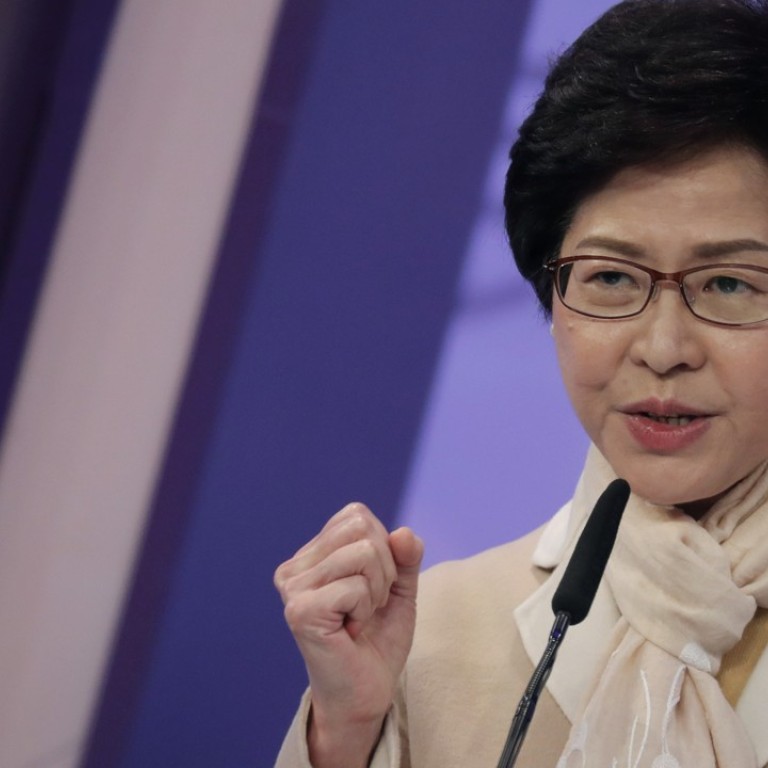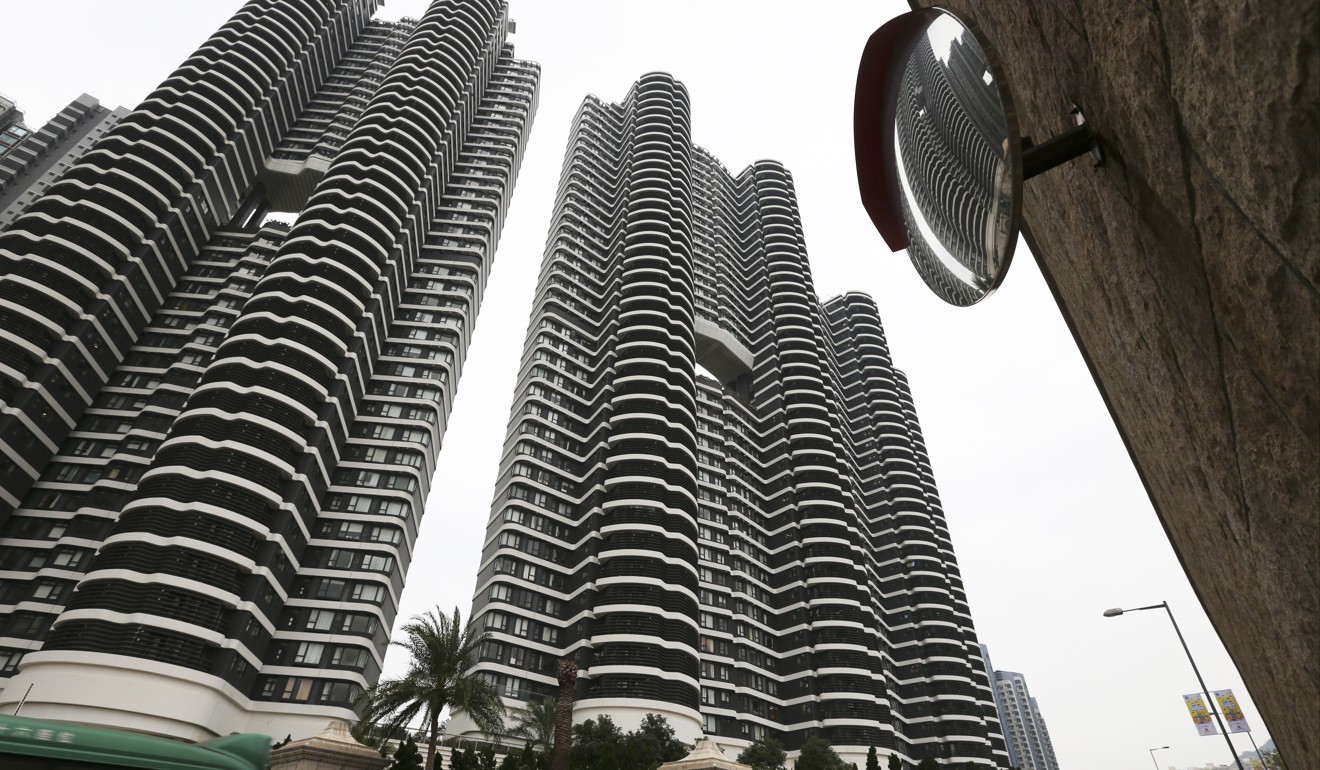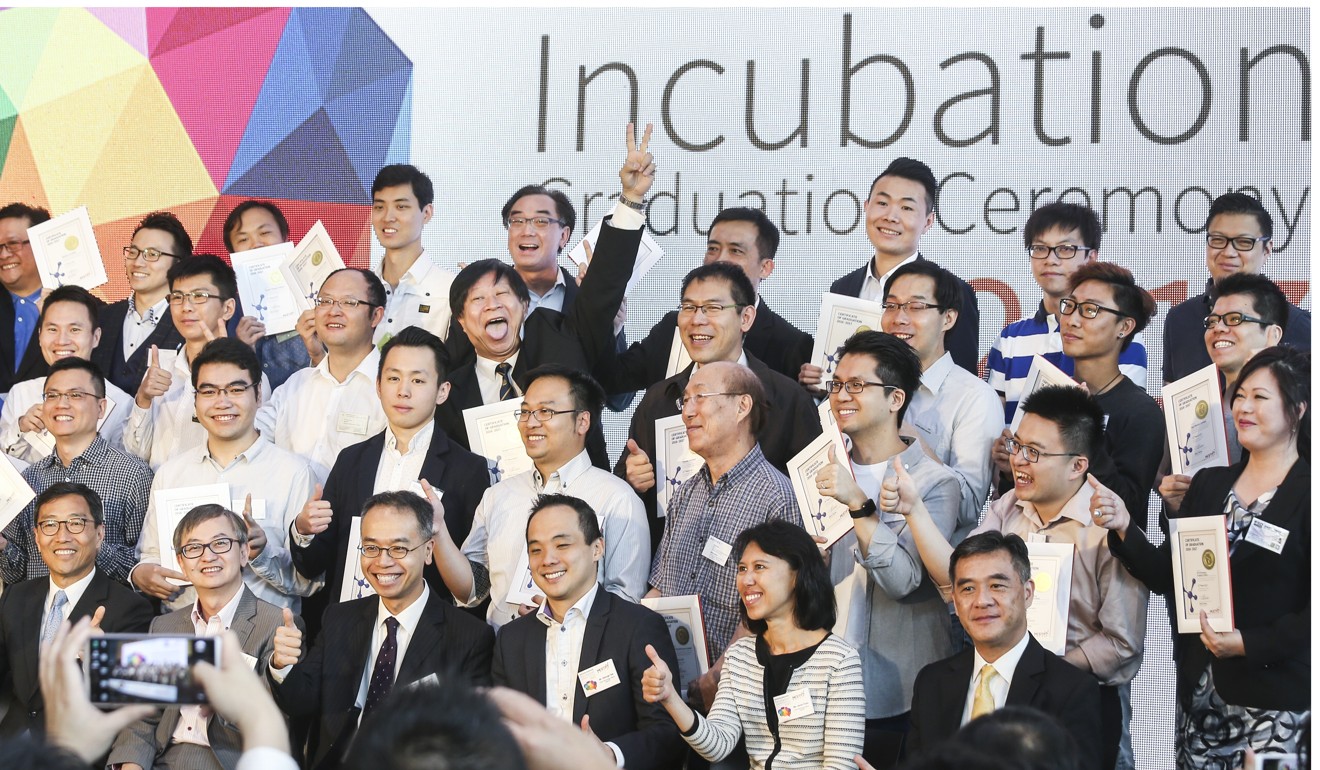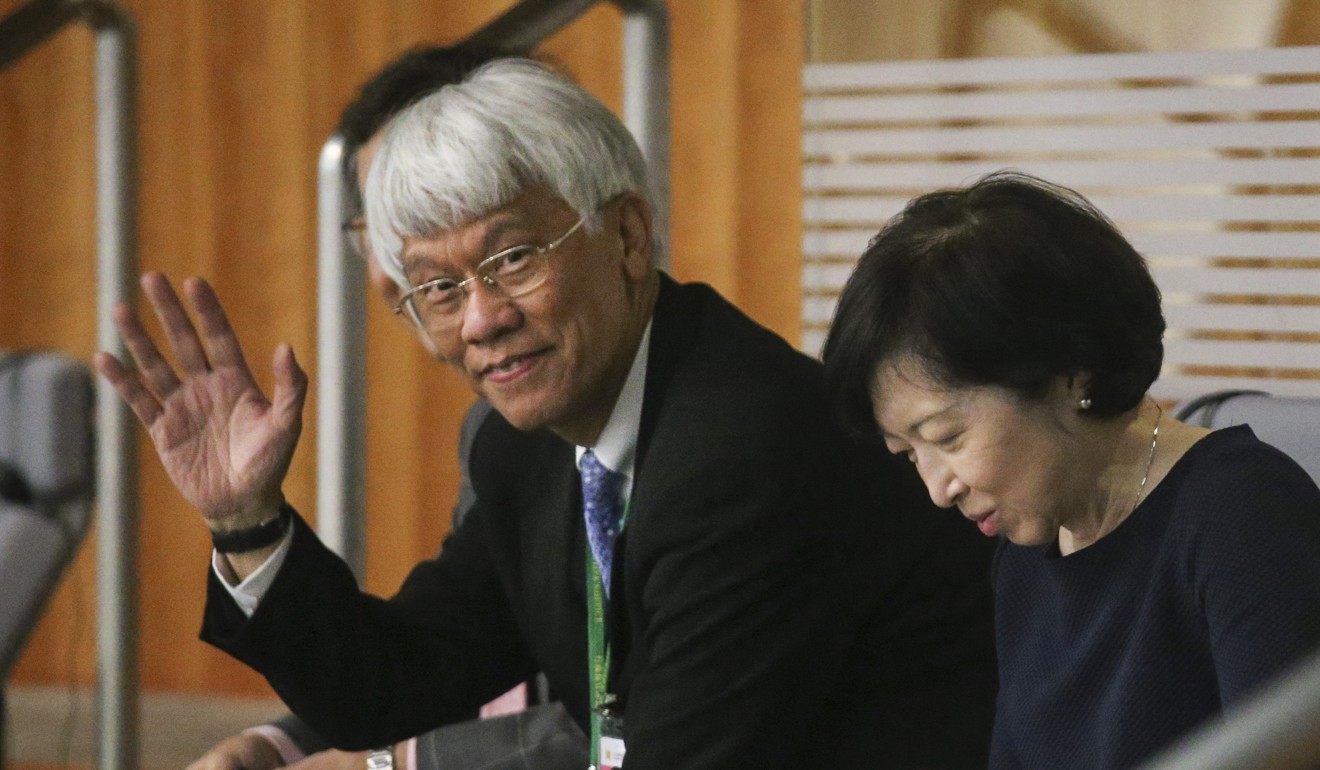Advertisement
Advertisement

Carrie Lam’s policy address must resonate beyond the echo chamber of the legislature
Alice Wu says the Hong Kong chief executive’s ability to surpass previous leaders in delivering on campaign promises, especially in innovation and technology, taxes and property, starts with her pitch in her maiden policy speech
Chief Executive Carrie Lam Cheng Yuet-ngor is obviously looking forward to her maiden policy address. She has gone on Facebook to ask people to “please pay attention to [it].” Members of her cabinet have been dropping hints and, from what we can gather, initiatives to boost Hong Kong’s innovation and technology sector, changes to the tax system and the “Starter Home” scheme get top billing.
It’s hard to talk about boosting the innovation and technology sector without a sense of dread. In his 1997 policy address, our first chief executive, Tung Chee-hwa, talked about his dream of Hong Kong becoming “the information world of tomorrow”. We got Cyberport, well, the Residence Bel-Air housing complex, out of that.


High-speed rail link border checkpoint in Hong Kong ‘has public support’ says city leader Carrie Lam
So, what Lam plans to do with this as-yet unrealised dream is important. Recent reports about government regulatory support – rather than hindrance – with the Hong Kong Monetary Authority setting out initiatives to bolster fintech, is a good start. Lam, speaking at an InnoTech Expo’s opening late last month indicated that her government is ready to support innovation and technology in at least eight areas, including by increasing resources for research and development. Lam is good at getting down to the nitty-gritty in terms of actual policies, so we may be able to finally get some substance over hype.
We also need to pay attention to what lies beyond Lam’s ideas for tax reforms. She has shown herself to be most assertive and ambitious here – and has admitted a plan to go beyond her election campaign pledge and reduce the city’s profits tax from 16.5 per cent to below 10 per cent for the first HK$2 million of profits for all businesses. It’s about more than just a two-tier profits tax system; we need to look closely at where she plans to spend. With former Monetary Authority chief Joseph Yam Chi-kwong part of “Team Carrie”, the public will certainly have high expectations.

Hong Kong leader must stand strong on Starter Homes scheme
Ahead of the policy address, perhaps the most ink has been splashed on the “Starter Homes” scheme to provide affordable flats for young, middle-class households unable to afford private housing but earning too much to qualify for public flat rentals. Responses have generally been positive. Anticipation has been building for the past few weeks, and whether Lam can keep up the momentum and clear inherent obstacles will depend on how she backs her ideas with clear plans, concrete policy details, and her sales pitch to the public.
With that, we’ve arrived at the most important question ahead of the address: whether Lam will engage not only the Legislative Council, but the Hong Kong public. Lam will not deliver her maiden policy address to a full house on Wednesday, with six vacant seats and at least two “radicals” in the chamber no doubt wracking their brains about how to disrupt her, get ejected and vie for public attention. If Lam can reach her audience beyond the chamber walls, though, little attention will be paid to possible objects thrown across the room. Lam must deliver an address with substance for regular Hongkongers. We’ve grown too used to popping popcorn while we watch disengaged due to political theatrics that outshone policies.
Alice Wu is a political consultant and a former associate director of the Asia Pacific Media Network at UCLA
This article appeared in the South China Morning Post print edition as: Carrie Lam’s policy address must resonate with ordinary folk

Post
